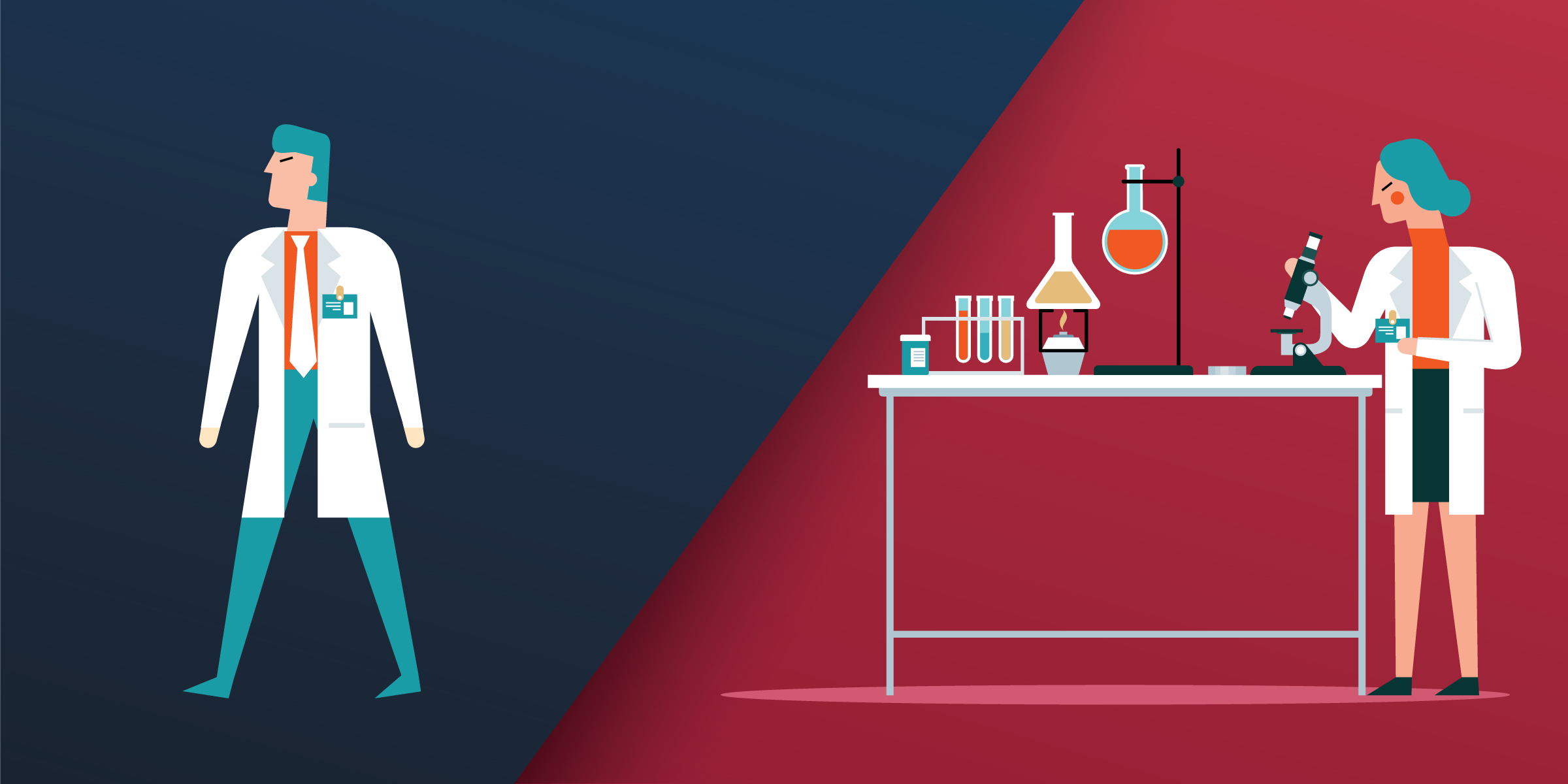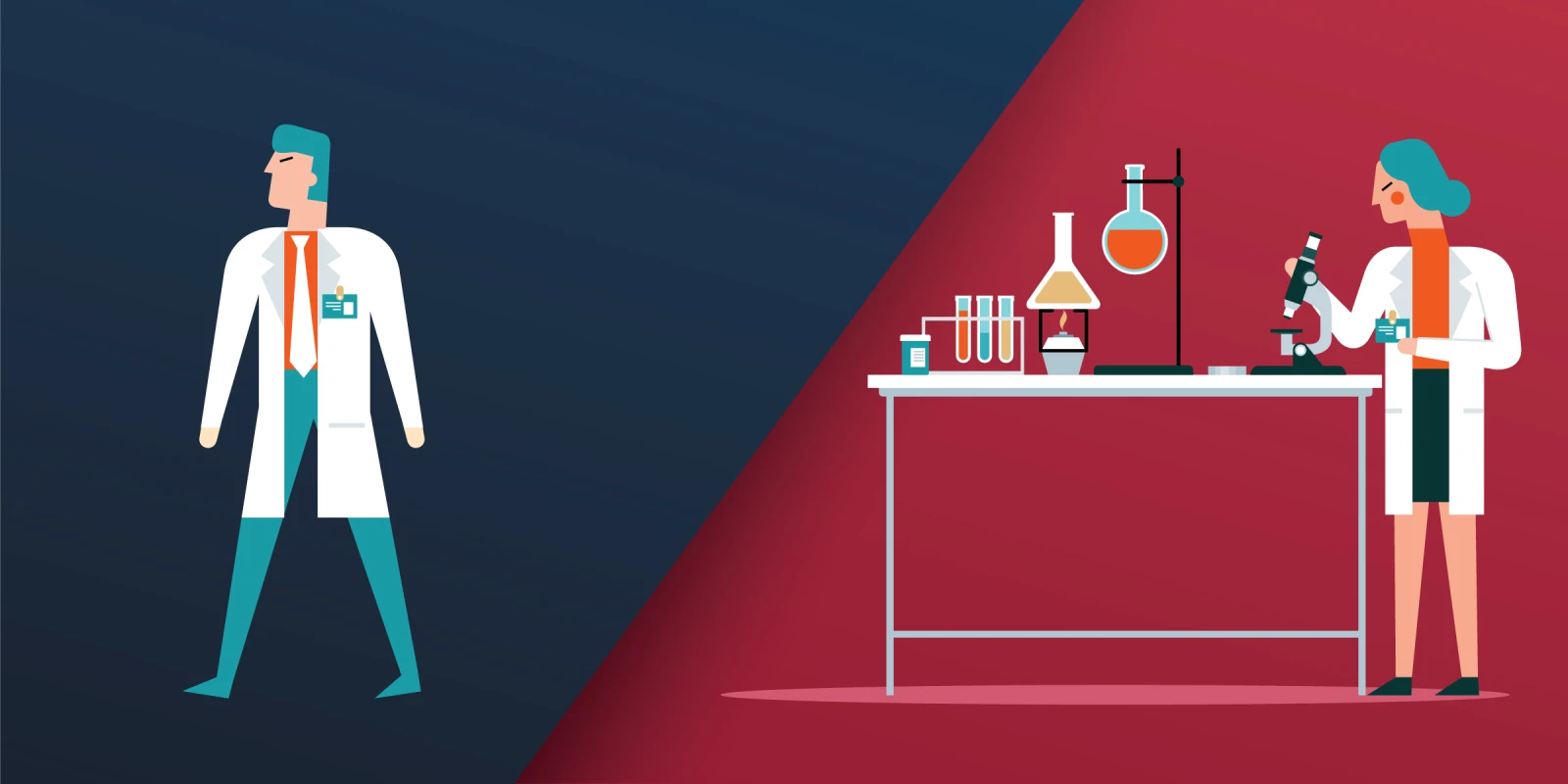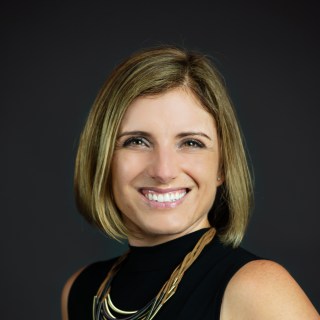
“I want to be more like a bench scientist,” said no one, ever. Sorry, bench scientists.
But I argue this should be our aim. Because doctors, the quality of your life just may depend on being and thinking more like a bench scientist.
Let me introduce a few of them.
Michael Sofia. When I search his name the first thing that comes up is Michael Kors Sofia Gladiator sandals. That can’t say anything great about my Google searches, but scroll down a little and what you’ll find is the man who found the cure for Hepatitis C. Curing Hep C, people. Thankless job this poor Micheal Sofia has. Quietly send Mr. Sofia a nod of gratitude as you nosh on the plate of Christmas cookies your patient sends you after a course of Harvoni.
Harold Zur Hausen. I doubt anyone will be singing his praises at the end of their cervical, rectal, and throat-cancer free life post-Gardasil vaccine.
Marie-Claire King. Unless you’re from Wilmette, IL, her hometown, or went to Carleton College, her undergrad, you’ve probably never heard of her. Why would you? She’s only the lady who discovered the BRCA genes.
Beyond their brilliance and apparent humility in their career choice — I could stand to take a leaf out of their books — their training and profession grooms and primes them for a way of thinking, a way of being that many of us left behind long ago. A way of being that our training and careers have covertly encouraged us to push aside.
They are living in science. We are living on the other side of science.
We doctors claim to love science, but really what we love is what’s on the other side of science: Concrete knowledge. Memorizable and immutable facts. Expertise in an area, speaking to what is “right” and how things “should” be. Correct test answers. We crave looking and feeling smart.
I’m not saying this is bad or wrong, but I know me, and I know a lot of you, and by only living on the other side of science, you're set up for a monotonous and arguably unnecessarily painful life.
To live in science is to live within an iterative process with a desire to learn. It is to be non-judgmentally observant and aware. It is making and testing hypotheses based on the available facts combined with a touch of imagination that stretches beyond what we think is currently possible. It is to approach the world with curiosity, awe and wonder; with a childlike optimism and hope for things not yet seen or proven, knowing that impossibility is fleeting. Living in science is to welcome criticism, failure and setbacks, knowing they are useful tools and even gifts from which we can learn and grow. In contrast, living on the other side of science is to reject criticism, avoid failure, to flee when setbacks occur.
Living in science is to keep a tenuous grip on what you hold to be true, ready to make room for updated and upgraded beliefs, welcoming opposing ideas. Living on the other side of science is to have unwavering certainty that what you believe to be true is true. Rejecting that which doesn’t match your version of reality.
Living in science is to relish the process, going where the data leads, allowing finish lines to move, completely change or evaporate. Living on the other side of science is the need to have the answers and be at the finish line of achievement.
So many of us spend most of our lives living on the other side of science. Thank goodness Sofia, Zur Hausen, King, and others spend more time living in science, or we’d be stuck in the stone ages.
We are suckers for what’s on the other side of science: achievement, and praise, and correct answers. Knock yourself out, have fun with that. Of course it feels great to achieve, whether that be medical school, a marathon, a weightlifting PR, an aced exam, a perfect surgery, or for me, taking a shower every day and finally turning this article in three weeks past the due date. Enjoy it. Relish in it.
But don’t just live for that. We can have the best of both worlds.
The joy in that pinnacle moment can be so disappointingly transient, anyway. There is so much richness and vitality to be found living in science, living in the unknown; in potential; in opportunity; in the acceptance of your current reality while curiously exploring, forming, and testing hypotheses regarding where you might go next.
So much joy and satisfaction is to be found in the process, not just the outcome; in finding out you’re wrong about something and being opened to a whole new world of possibilities.
Where might you be getting painfully stuck on the other side of science? Perhaps in believing that achievement is the ultimate achievement? In believing that you couldn’t possibly change your career after spending so much time and money in becoming a doctor? In not allowing yourself to see some truth in those negative patient reviews? In thinking you shouldn’t make a mistake? In trying to be that person that has all the answers?
Boring.
Come join me spending more time living in science and thinking and being more like the bench scientists. I’ve tried it out a bit more the past few years. It just may give you a new lease on life, as it has for me. Scientists, thanks for the life lessons and for making us look so impressive to our patients.
Melissa Kwak, MD is a family physician practicing full-time. She found a way out of burnout and is helping other physicians do the same through her life coaching practice. Dr. Kwak is a 2019-2019 Doximity Fellow. The article is her own and doesn't necessarily represent her employer's positions, strategies or opinions.






